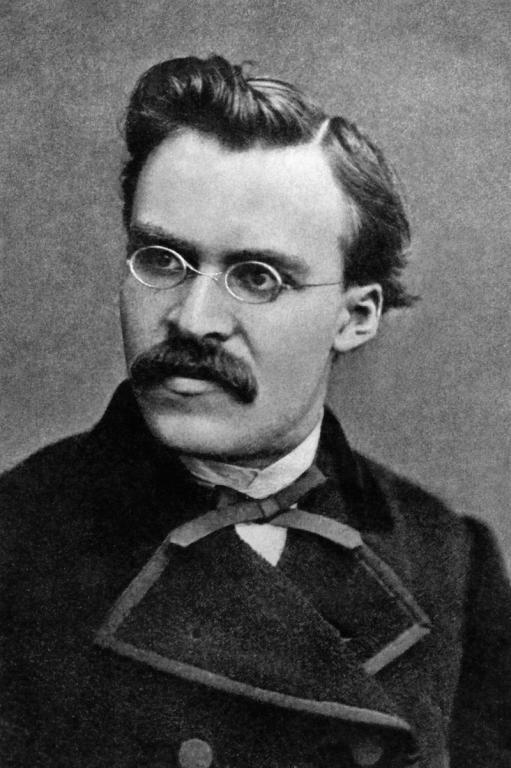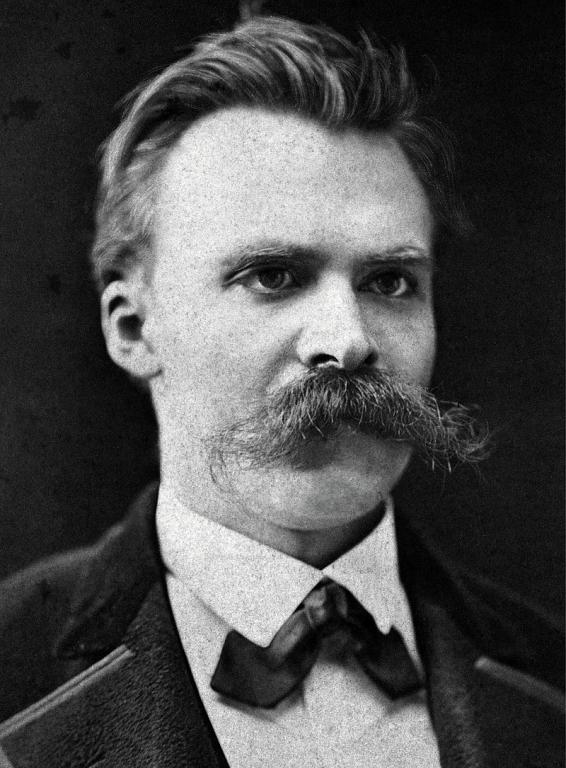Sometimes I struggle to understand how my atheist friends can get excited about their non-belief. What is there to get excited about when you believe that there is no centerpiece to the universe? Now, I can easily understand a regretful atheist. Such a person might believe that the evidence, in spite of his wishes, points to God’s non-existence. He might hope for something more, but be willing to settle for what he sees as a hard-nosed reality.
But I do not understand hopeful atheists. Atheists who evangelize others because of their desire to share their belief that there is nothing at the heart of it all? My guess is that part of their hope is that they think they are enlightened. They think that they are no longer deceived, and that this will facilitate for them a better, more confident existence. But this strikes me as hardly being something to be hopeful about.
Sometimes in life I have found out that something was not true the way that I thought, and I perhaps have had some satisfaction in that newfound knowledge. For instance, I now know that a friend of mine was for many years cheating on his wife in the way that I suspected he might be doing. But that small satisfaction in knowing the truth about my friend is dwarfed by my sadness at his decision to cheat. I am a reluctant believer in my friend’s infidelity, but by no means am I excited about it.
I am a Christian because the better explanation for the universe is a theistic one. And as a Christian I also think that I have a better reason for hope than my atheist friends. At the end of the day there will be justice and peace, and God’s love will triumph over evil. This strikes me as being a more substantial reason to be hopeful than the belief of my atheist friends that they have become enlightened in a way that their neighbors still are not.











